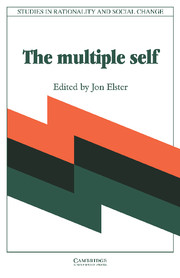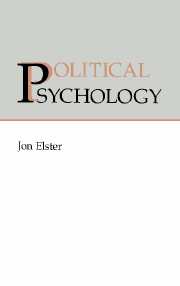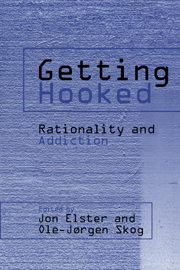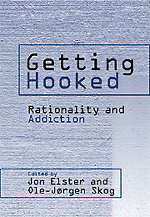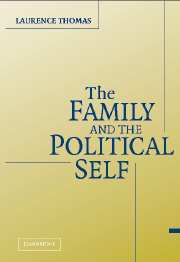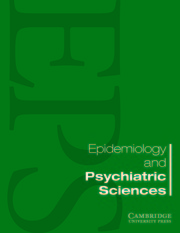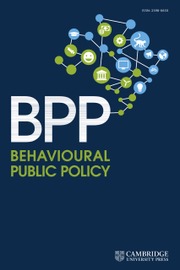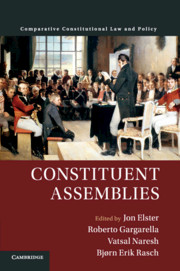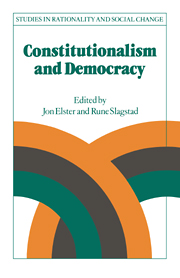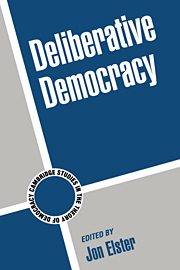The Multiple Self
The essays in this volume consider the question of whether the self is a unity or whether it should be conceived without metaphor as divided--as a "multiple self." The issue is a central one for several disciplines. It bears directly on the account of rationality and the explanation of individual decision-making and behavior. Is the hypothesis of a multiple self required to deal with the problems of self-deception and weakness of will; and can the conceptual tools developed in the study of interpersonal conflict be applied to the analysis of intra-personal struggle?
The essays, by a number of leading philosophers, psychologists, and economists, were all commissioned for this volume.
Reviews & endorsements
"This is a very fine and informative book. Each chapter is written in a clear and relatively accessible manner by an established and sometimes illustrious specialist in his or her own discipline. The book as a whole is well-edited and introduced by Elster." Clio
Product details
July 1987Paperback
9780521346832
280 pages
216 × 136 × 18 mm
0.405kg
Available
Table of Contents
- Preface
- Introduction Jon Elster
- 1. Selfdeception and the voter's illusion George A. Quattrone and Amos Tversky
- 2. The goals and strategies of self-deception David Pears
- 3. Deception and division Donald Davidson
- 4. Deception and self-deception in Stendhal Jon Elster
- 5. Self-deception, akrasia and irrationality Amélie Oksenberg Rorty
- 6. Beyond microeconomics George Ainslie
- 7. The mind as a consuming organ Thomas Schelling
- 8. Goethe's Faust, Arrow's possibility theorem and the individual decision-taker Ian Steedman and Ulrich Krause
- 9. The Buddhist theory of 'no-self' Serge-Christophe Kolm
- Index of names.

